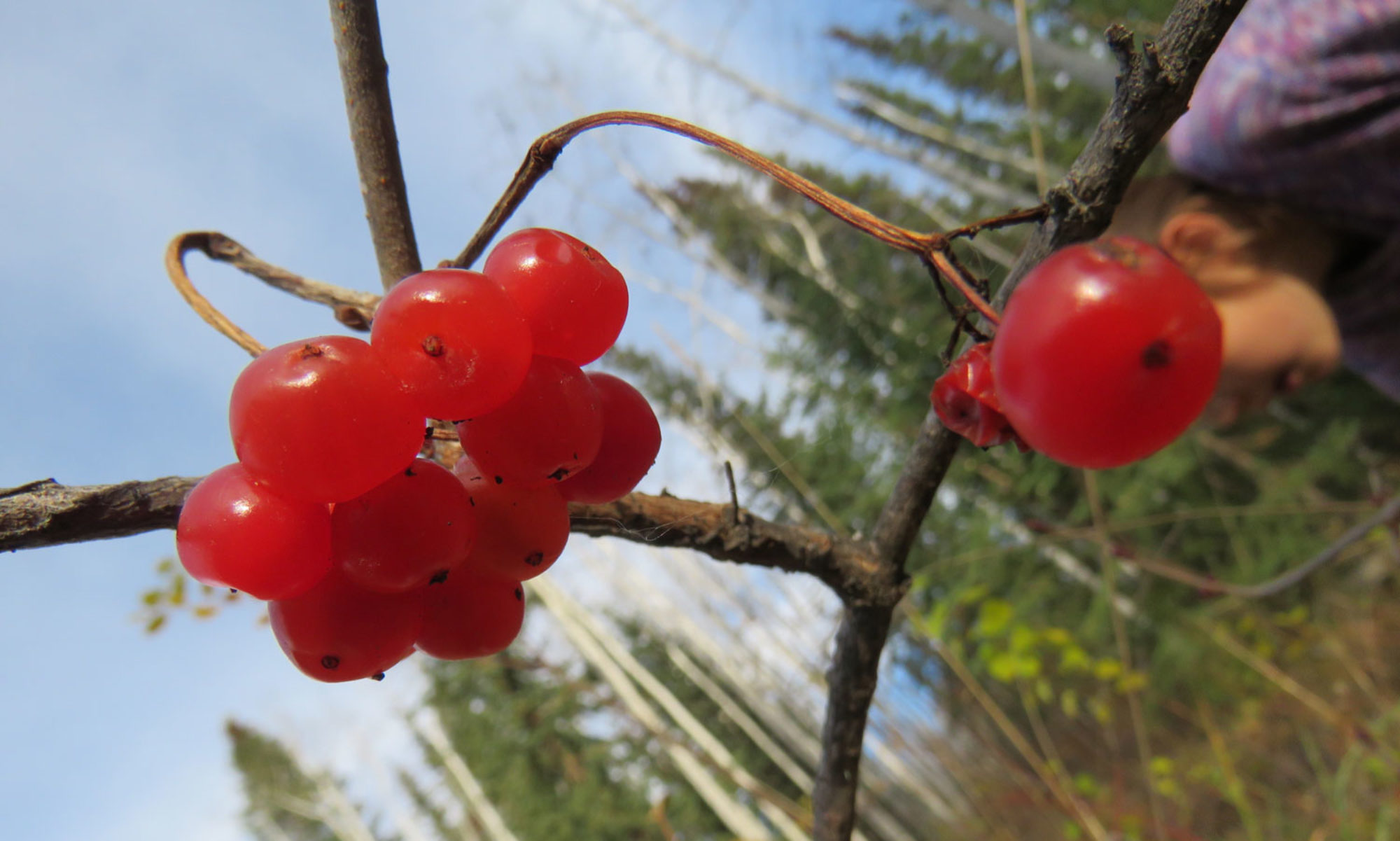by Miche Genest

Nobody likes wasting food. And yet it happens. A lot. The amount of food that goes to waste in Canada and the world is staggering — worldwide, about one-third of the food that’s produced for human consumption, according to the Food and Agriculture Organization of the United Nations. And the National Zero Waste Council of Canada estimates that 47% of the value of food waste in Canada can be attributed to households, at a cost of more than $1,100 per year per household. That’s each of us, in our little homes, forgetting what’s in that container in the back of the fridge, or digging into the new bundle of kale before we’ve finished the old. (thereader.com)
Happily, there are many, many resources available to help us reduce food waste at home. See Love Food Hate Waste for ideas that range from fridge and freezer storage management to menu planning to smart shopping. And, after every major holiday, Canadian magazines like Chatelaine or Canadian Living, among others, provide tips on what to do with the leftovers.
Our fellow householders often have great ideas as well. A chef friend of mine keeps a bag for vegetable scraps in the freezer — onion ends, wilted lettuce, carrot tops, the green parts of leeks — and when it’s full she makes vegetable stock. There are more drastic measures. When my husband was growing up in Scotland after the Second World War, there was often a “mandatory plate” on the table: last night’s leftovers. Soups are a really good way to turn leftovers into something new and delicious. (But that old Yukon cabin recipe of adding new ingredients to the bubbling pot on the wood stove every day is probably not the most food-safe approach. At a certain point those original ingredients just plain go bad.)
> Click here for one idea for using up mashed potatoes and tired vegetables
Further info: To read the National Zero Waste Council of Canada’s strategy to reduce food loss and food waste, click here.
